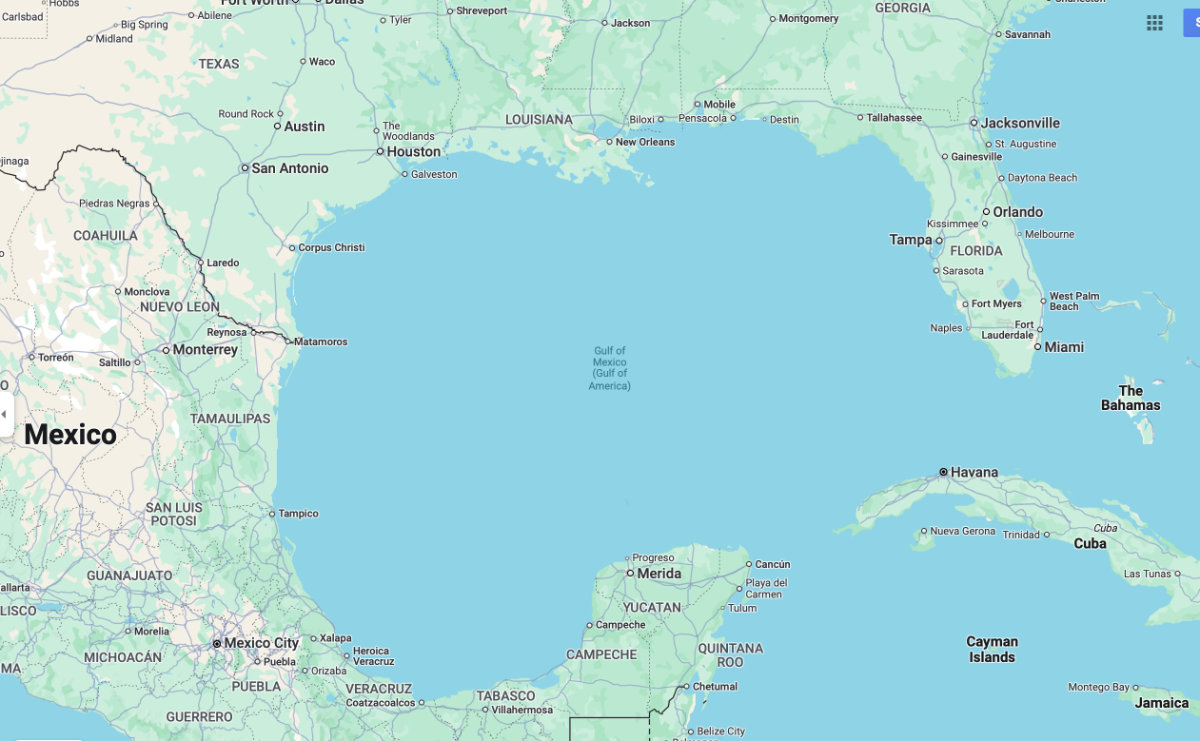A US judge on Thursday signaled he may dismiss X Corp’s lawsuit against a nonprofit group that has criticized a rise in hate speech on the social media platform once known as Twitter since Elon Musk took it over.
X sued the Center for Countering Digital Hate last July, accusing it of causing tens of millions of dollars in damages through a “scare campaign” to drive away advertisers.
According to X, the nonprofit breached its user contract by improperly scraping and cherry-picking data to create false and misleading reports that Musk was letting X become a haven for hate speech, extremism and other misinformation.
US District Judge Charles Breyer was skeptical that when the nonprofit entered the standard user contract governing all Twitter and X users, it could have foreseen that Musk would buy Twitter for $44 billion in 2022 and welcome back users it had banned for posting hateful content.
“You’re telling me ... it was foreseeable that Twitter would change its policy and allow these people to have access,” the San Francisco-based judge told X’s lawyer Jon Hawk in a video conference.
“I am trying to figure out, in my mind, how that’s possibly true, because I don’t think it is.”
Hawk said the nonprofit could have left X if it didn’t like Musk’s changes. “When CCDH agreed to stay on the platform, it agreed to successors’ versions of the policy,” he said.
Musk, the world’s second-richest person, also runs the electric vehicle maker Tesla, which has faced several lawsuits claiming it tolerated the harassment of workers. Tesla has denied those allegations.
Free speech interference
John Quinn, a lawyer for the Center for Countering Digital Hate, said X’s lawsuit violated California’s so-called anti-SLAPP law, or strategic lawsuits against public participation, which was meant to stop lawsuits intended to silence critics.
He also called it “implausible” to suggest the nonprofit engaged in scraping, and said it could not be liable for advertisers’ “independent” decisions not to work with X.
“CCDH used a tool that runs searches for certain people to see what public tweets are being put out, and then they commented on it,” Quinn said. ” didn’t have any issues with that until advertisers reacted to the content of the report.”
Quinn also said giving Musk and X “the power to say, anybody who uses our search function and looks at tweets, if you use an automated tool in any way, we can come after you, sue you, drag you into court ... runs straight into speech principles.”
Hawk said that wasn’t why X sued.
“I understand CCDH does not like some of the content it may see,” he said. “This is about the security of data.”
Breyer did not say when he would rule, or if X could file an amended complaint if he dismissed the case.
European nonprofit
X also sued the European Climate Foundation, a nonprofit based in The Hague, Netherlands that promotes efforts to mitigate climate change, accusing it of conspiring with the Center for Countering Digital Hate to illegally gather data.
A lawyer for the European nonprofit said it should be dismissed from the case because the court lacked jurisdiction.
Since buying Twitter, Musk has since faced wide criticism that he fired too many people who policed misinformation, and from civil rights groups for allowing more harmful and abusive posts.
In November 2023, Musk endorsed an antisemitic post on X that said members of the Jewish community were stoking hatred against white people, saying the user spoke “the actual truth.”
He has denied being antisemitic and sought to make amends for his post. In January he visited former Nazi death camp Auschwitz in southern Poland.
The case is X Corp. v. Center for Countering Digital Hate Inc. et al, US District Court, Northern District of California, No. 23-03836.





























